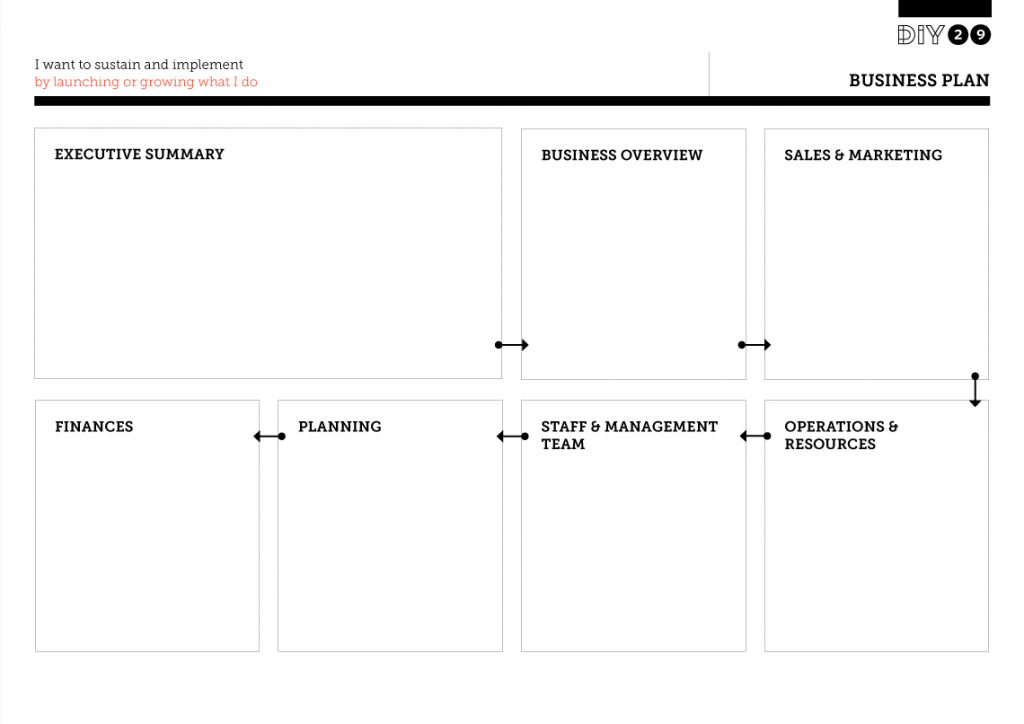The business plan represents the main tool for creating a business project. It is focused on the development of the business idea in an objective and contrasted way and, increasingly, it is the application of agile methodologies to be faster.

Regardless of the methodology applied, the business plan must motivate a strategic business design and reflection process to guarantee a successful launch. For this, it must contemplate essential elements such as:
- Presentation of the business idea: providing its differentiating characteristics, the team, the market and the project singularities.
- Analysis of the economic, technical, market and financial viability of the business: investigating the keys to understanding the entrepreneurial project environment and its positioning, with an emphasis on SWOT approaches (Weaknesses, Threats, Strengths and Opportunities)
- Action plans: detailing the strategic lines of action and the actions planned to launch the entrepreneurial project in its different management areas and stages of growth. It includes decision-making regarding the estimation of income, costs and expenses, as well as the operational and tactical planning of action plans and their possible contingencies (for example: organizational, technological, legal, fiscal and labour issues, or marketing, etc.)
- Implementation calendar: with the prioritization and forecasting of activities.
- Financial and commercial strategy for its launch.
In practice, the preparation of the business plan requires technology intelligence, both to make informed decisions and to systematise the monitoring of the environment through, for example, the implementation of technology monitoring systems and competitive intelligence, see more in #MoocVT.